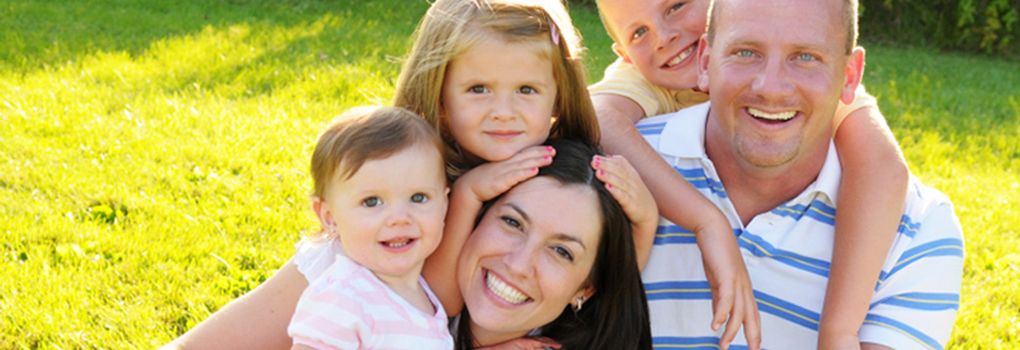If you have a new baby, pretty soon you’re going to be fielding questions about whether he or she is teething. Although a handful of babies have a tooth or two as newborns, the majority of them wait until they’re four to six months old (or even older) before showing off their first pearly white. If you have a little o ne, you might be wondering what to expect in terms of tooth appearance and the first visits from the tooth fairy. Here’s what you might expect when it comes to baby teeth.
ne, you might be wondering what to expect in terms of tooth appearance and the first visits from the tooth fairy. Here’s what you might expect when it comes to baby teeth.
Infants
Usually, the first teeth to appear are the two front ones on the bottom. You might notice a hard, white bump when a new tooth is about to sprout, and as it cuts through, your baby may be irritable and will probably drool a lot. If this milestone seems delayed, don’t panic! Some babies are late bloomers in this respect, and their first teeth don’t appear until around the first birthday. However, if you have concerns, you can always ask his or her pediatrician at a scheduled well-baby visit.
Teething can cause a low-grade fever and fussiness and can cause mild diarrhea for a day or two in some cases. Parents sometimes blame high fevers, ear infections, and stomach viruses on teething, but severe symptoms don’t occur with normal teething. The molars will probably be more painful than the smaller front teeth, but in most cases, those won’t come in until the second year of life. When your toddler is done teething, usually by their third birthday, he or she will have a full set of 20 chompers.
Elementary School-Aged Children
You’ve been chugging along for a few years now, helping your child brush and floss their teeth, when the inevitable occurs: The first loose tooth has appeared! This is a fun milestone and one that small children often look forward to. Teeth normally become loose in roughly the same order that they grew in, so look for the first loose teeth in the front of the bottom jaw. This often occurs around the age of 5 or 6, but it could happen sooner or later than that. Your child’s dentist will check for loose teeth at each visit and will let you know if there are any problems.
Also around the age of six, the six-year molars, which are permanent teeth, will grow in. These are often called “first molars.” These teeth are bigger than any of the baby teeth, and they might be slightly darker in color. Once they have fully erupted, many dentists recommend applying sealants, which are a thin coating of material that fills the grooves and helps prevent cavities.
Older Children
As your child goes through elementary school, teeth will gradually be lost and replaced. Most children have lost all of their baby teeth by the age of 13 with no problems, though sometimes baby teeth need to be extracted if they are impeding the growth of a permanent tooth.
When your middle-schooler is 11 or 12 years old, the 12-year-molars, also called the “second molars,” will appear. The second molars come in the very back of your child’s mouth, so you will need to tell your child to be sure to get the toothbrush far enough back to keep them clean and healthy. During this time, it’s particularly important to stress good brushing and flossing habits; all of the teeth in your child’s mouth are permanent and with good care, can last a lifetime.
Late Teens
During your child’s late teens, the wisdom teeth will often come in. These teeth, also called the third molars, are situated very far back in the mouth and sometimes only erupt partially. Sometimes they become impacted under the bone and do not come in at all. Many people elect to have their wisdom teeth removed, as they often cause more harm than good. Your dentist will advise you if and when your child should have their wisdom teeth extracted.
Remember, the habits that you teach your little one now in terms of caring for their baby teeth will last until they are an adult and have a mouthful of permanent teeth! Talk to your dental health professional if you have any questions about what to expect or how to care for tiny teeth.












